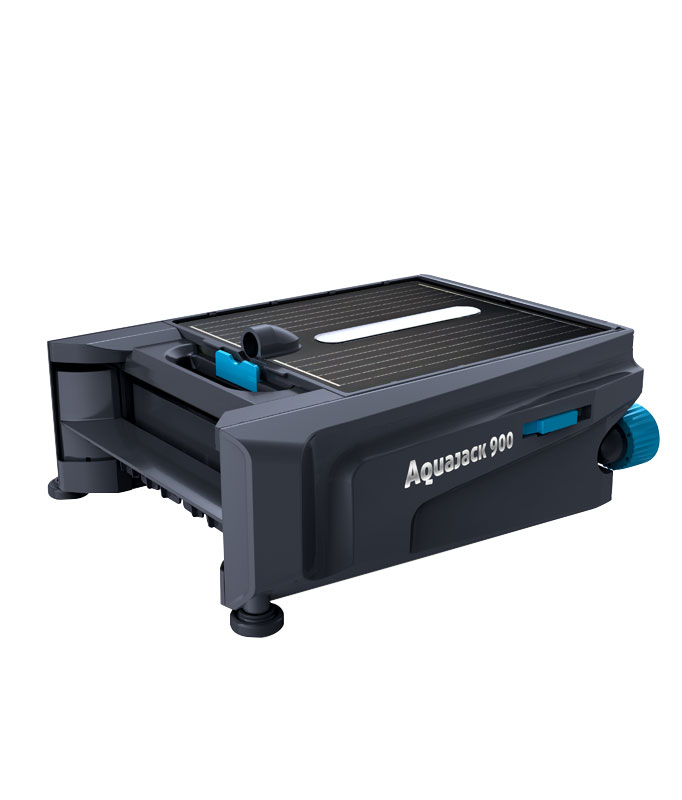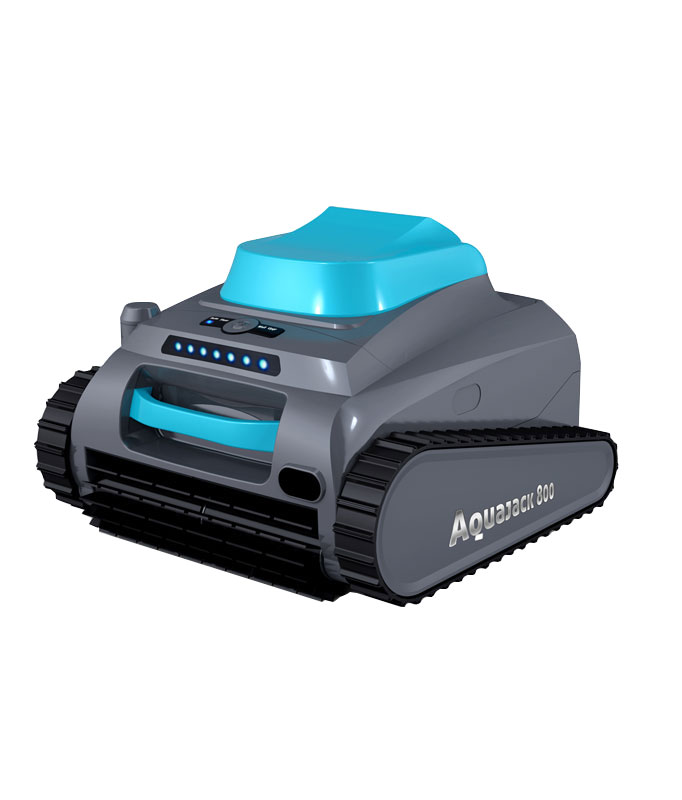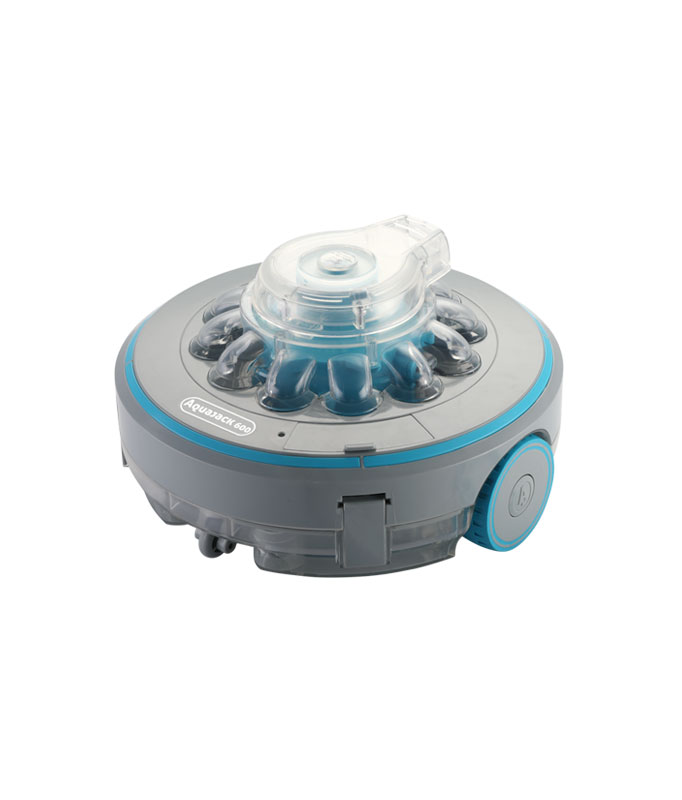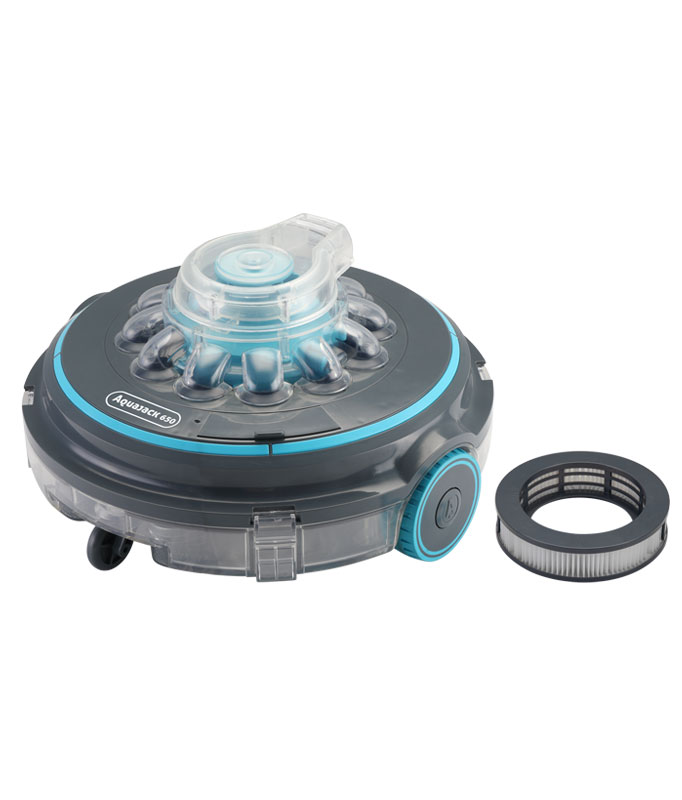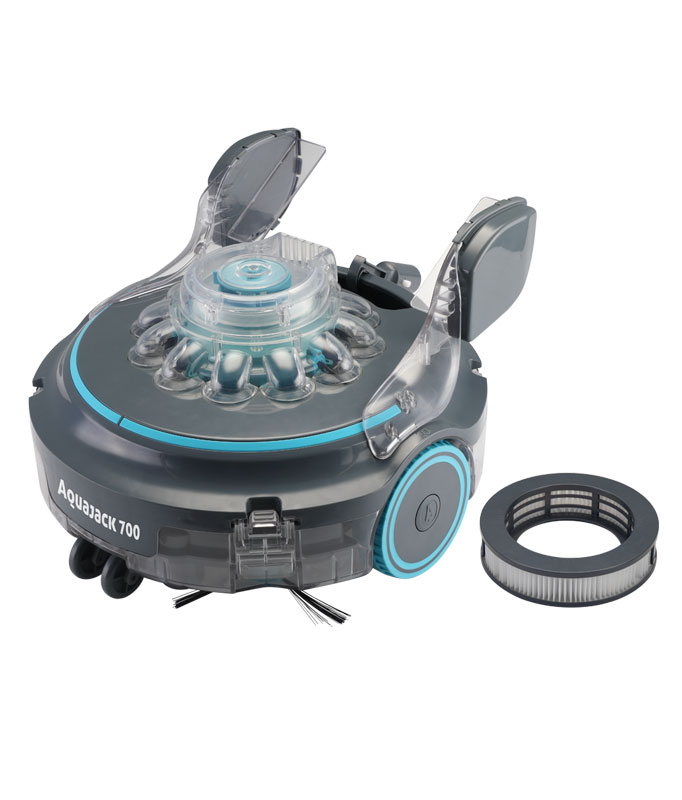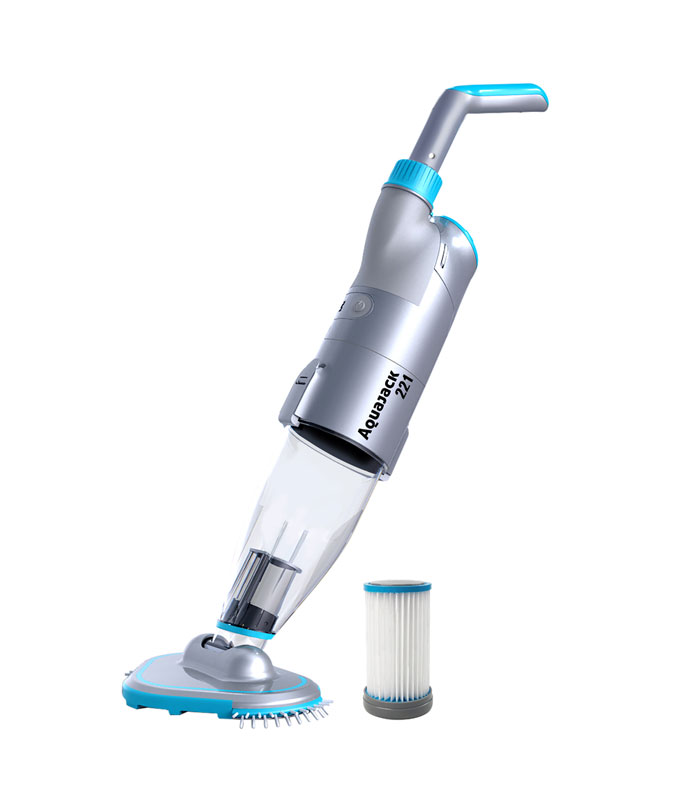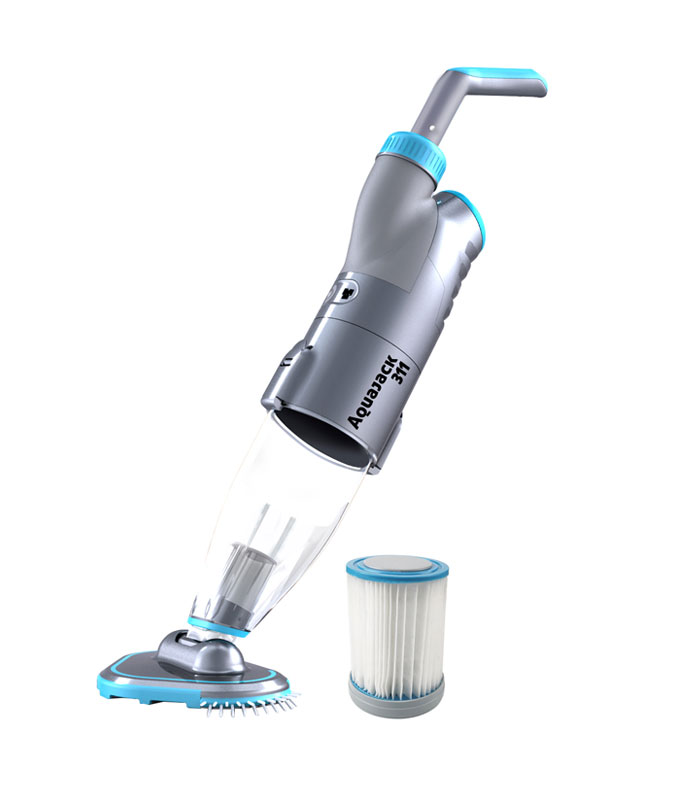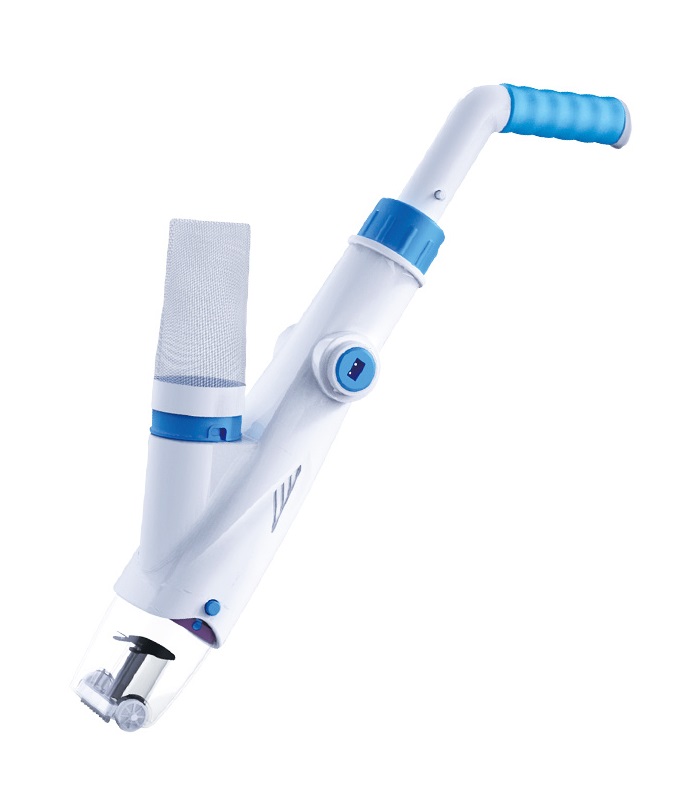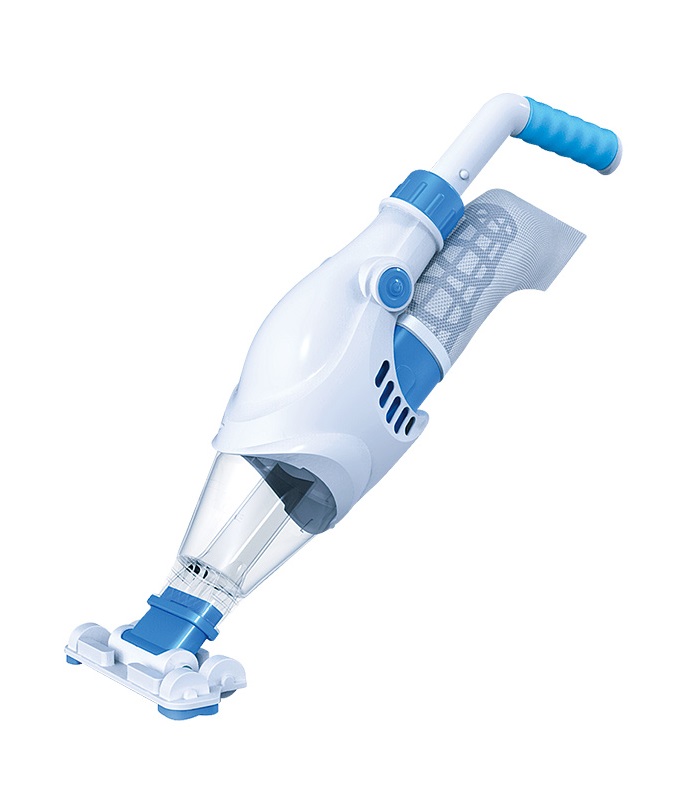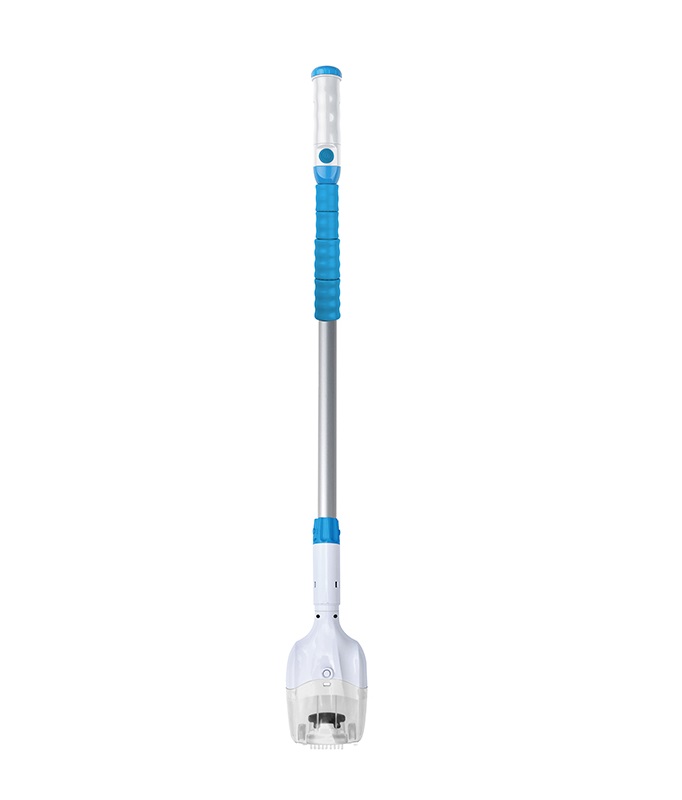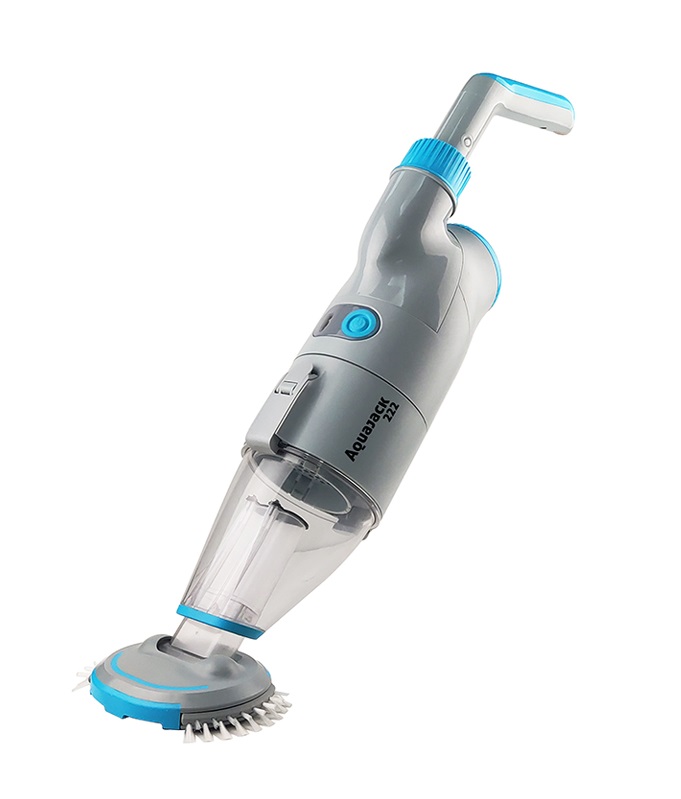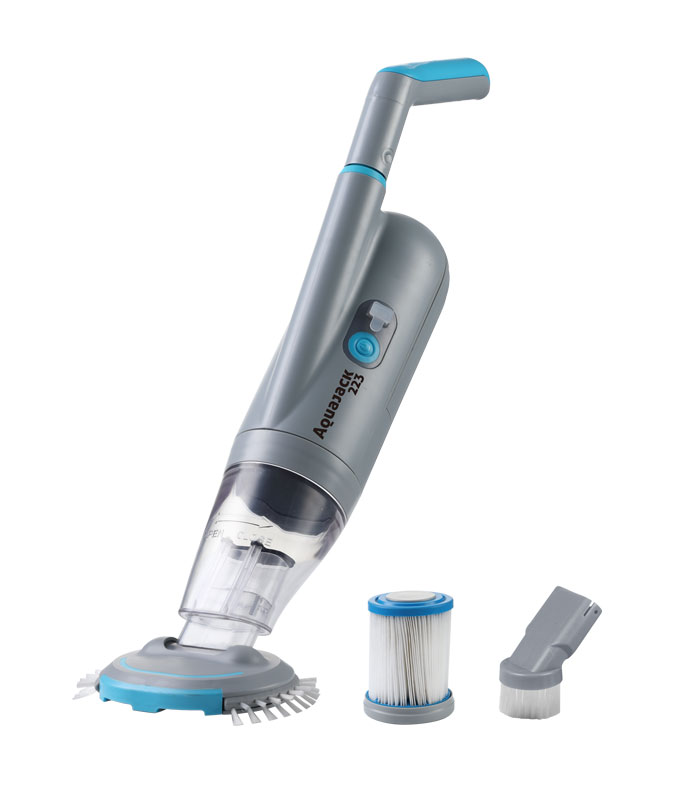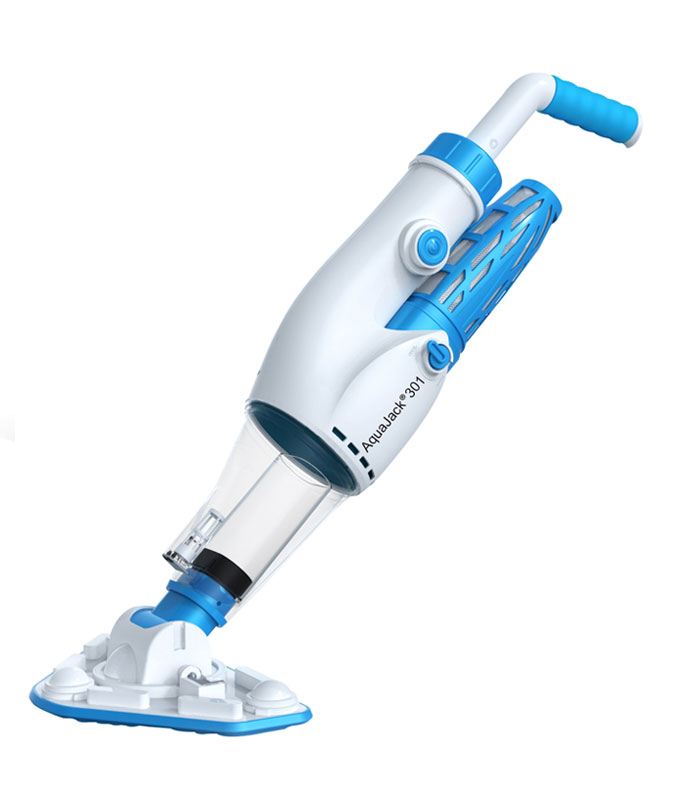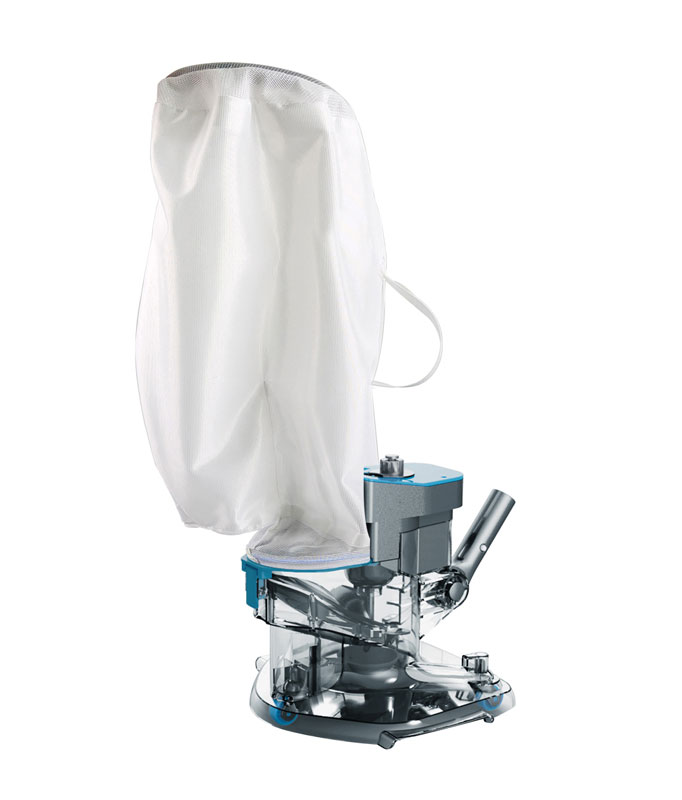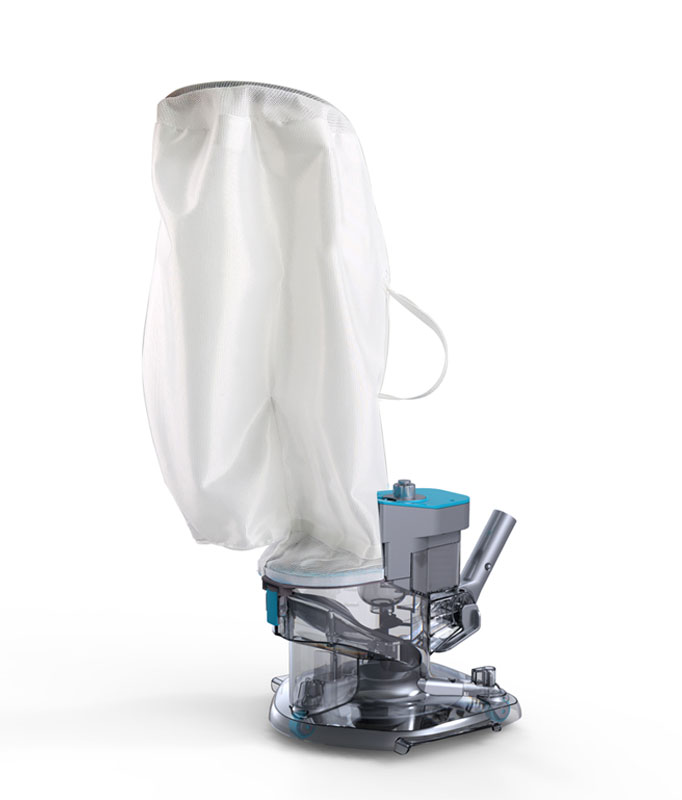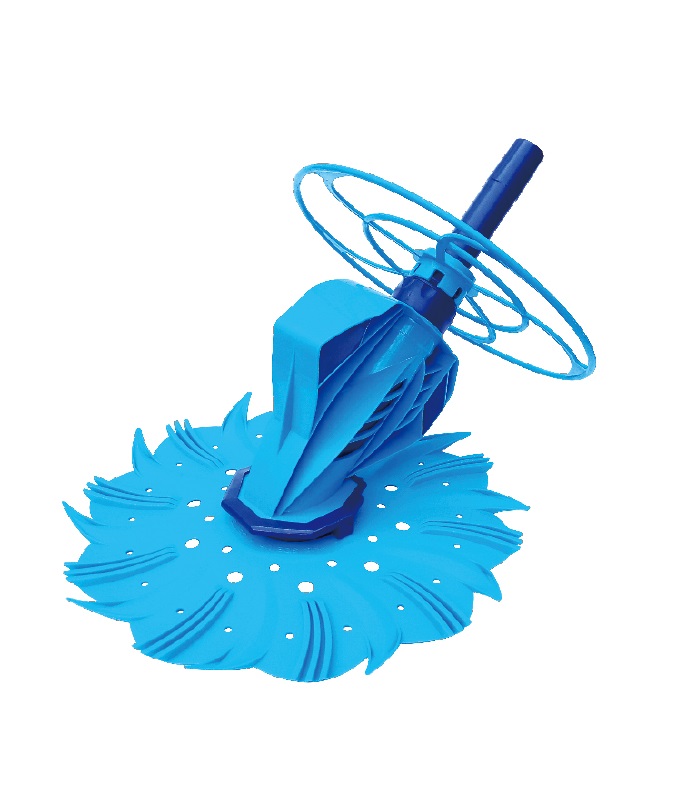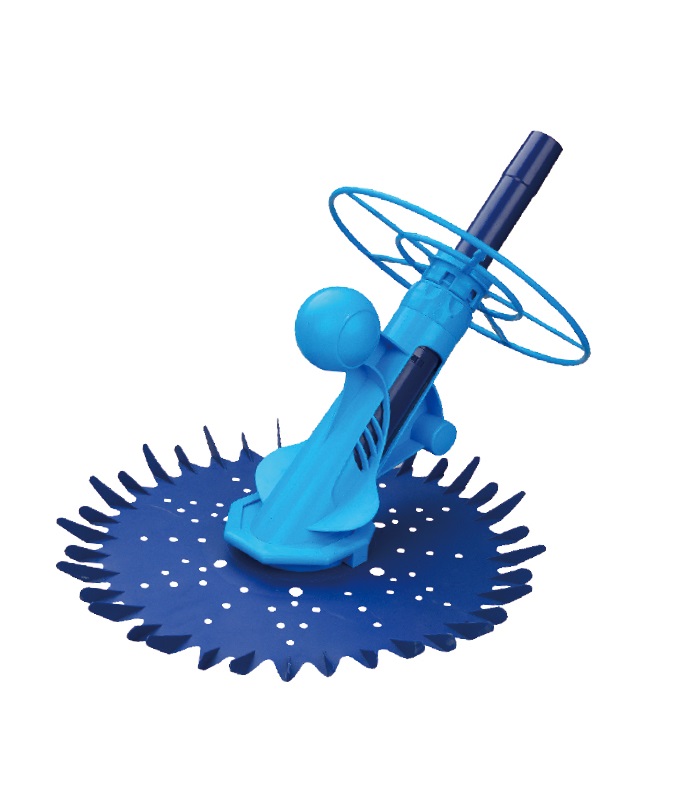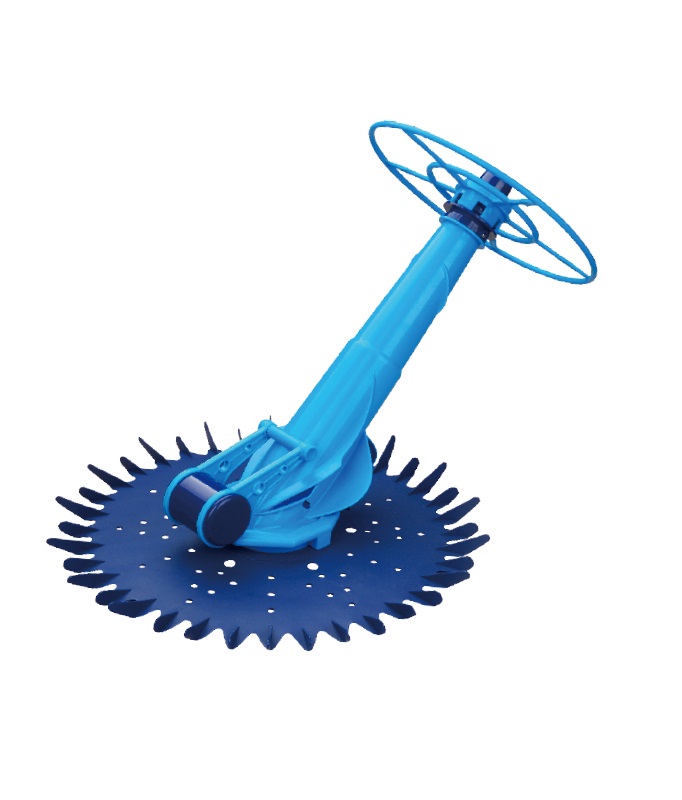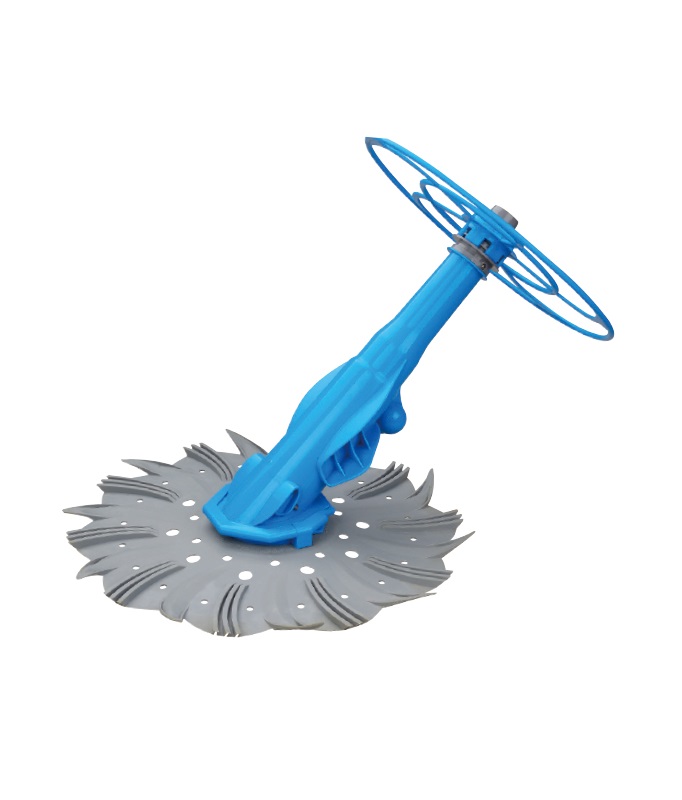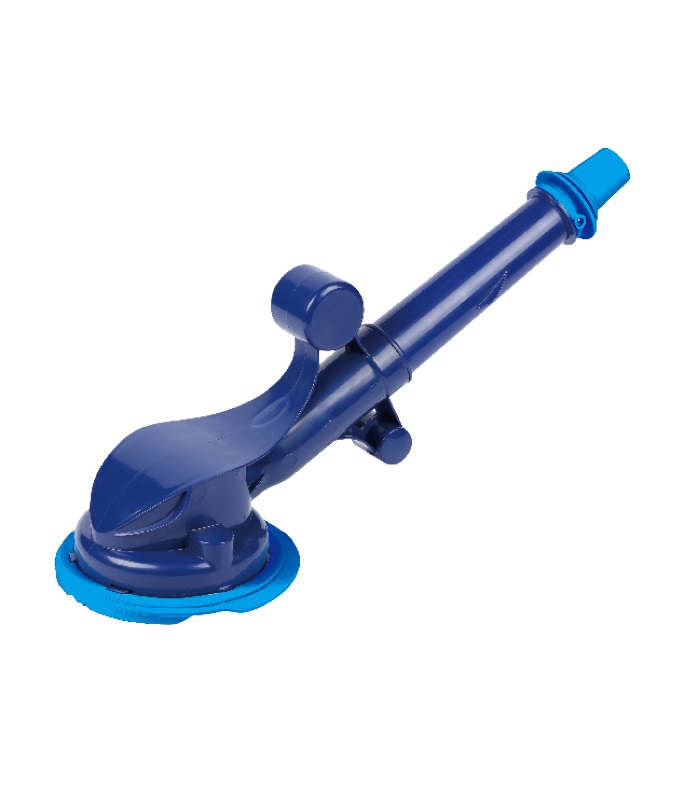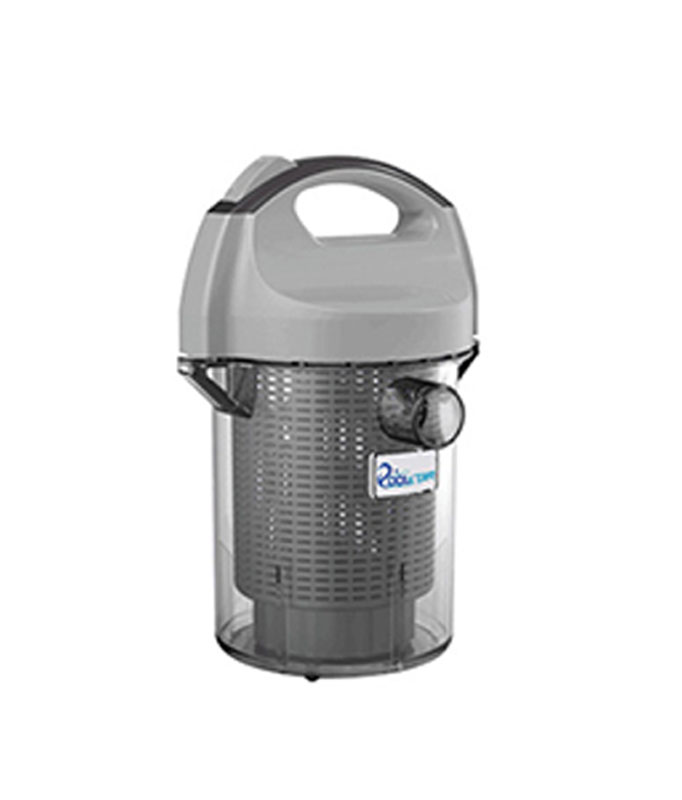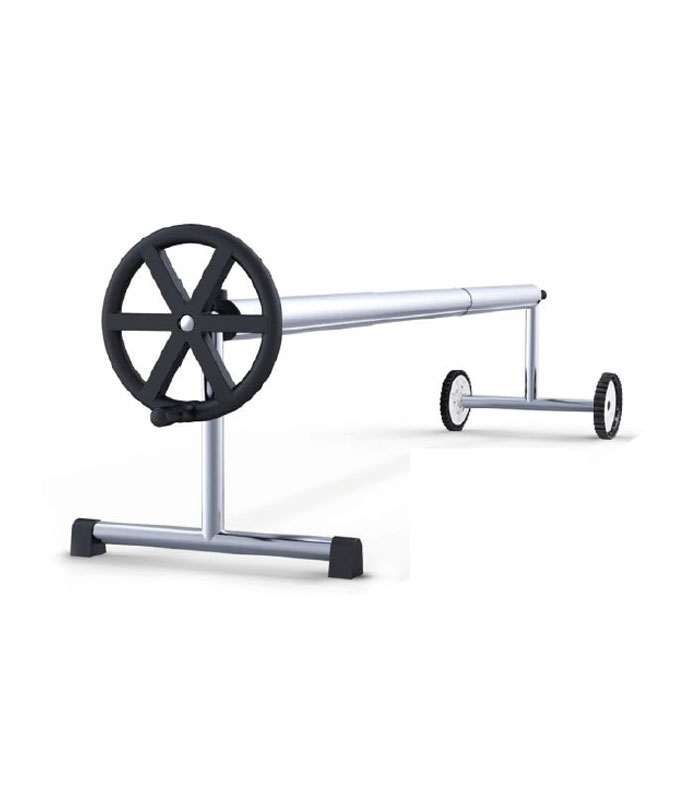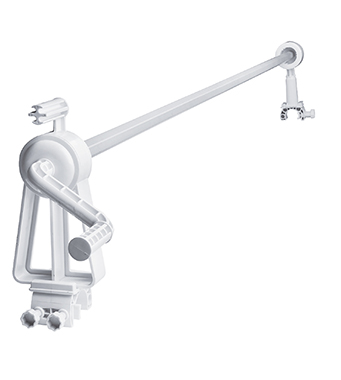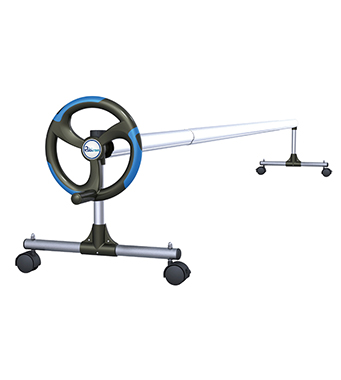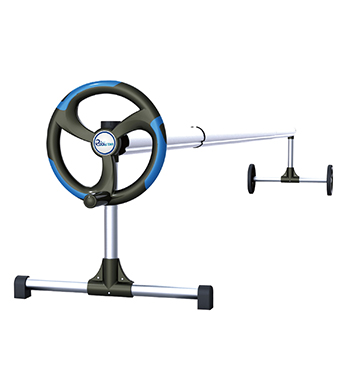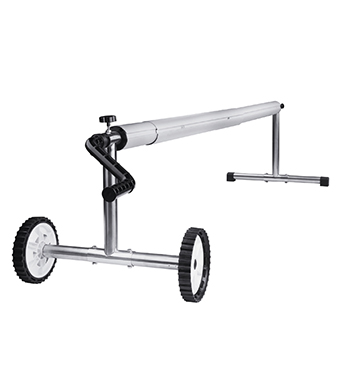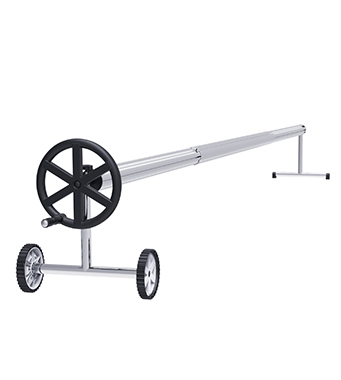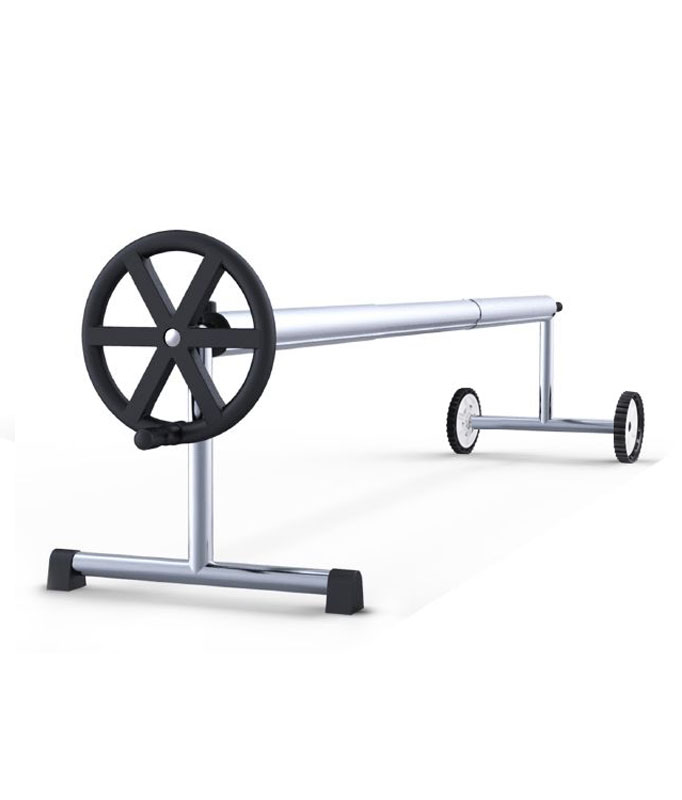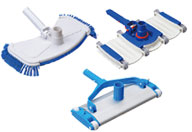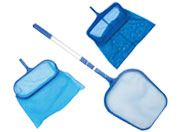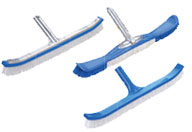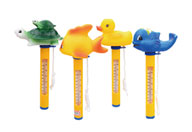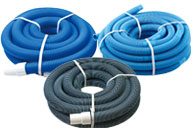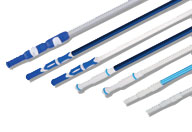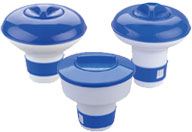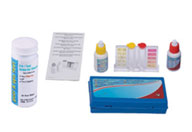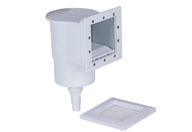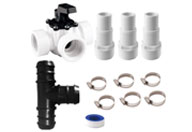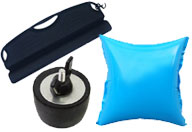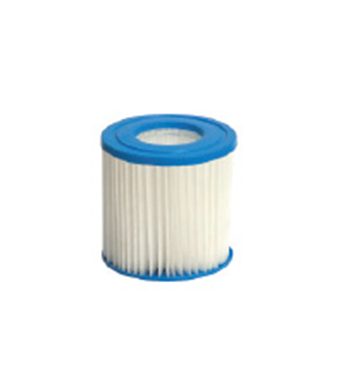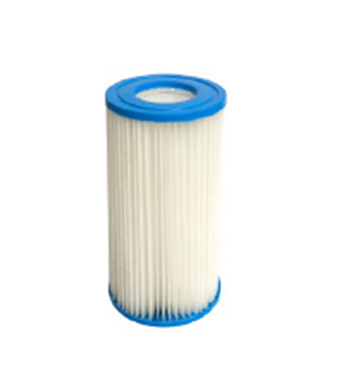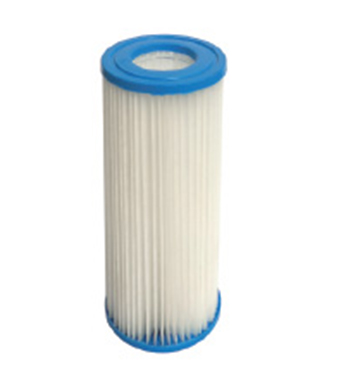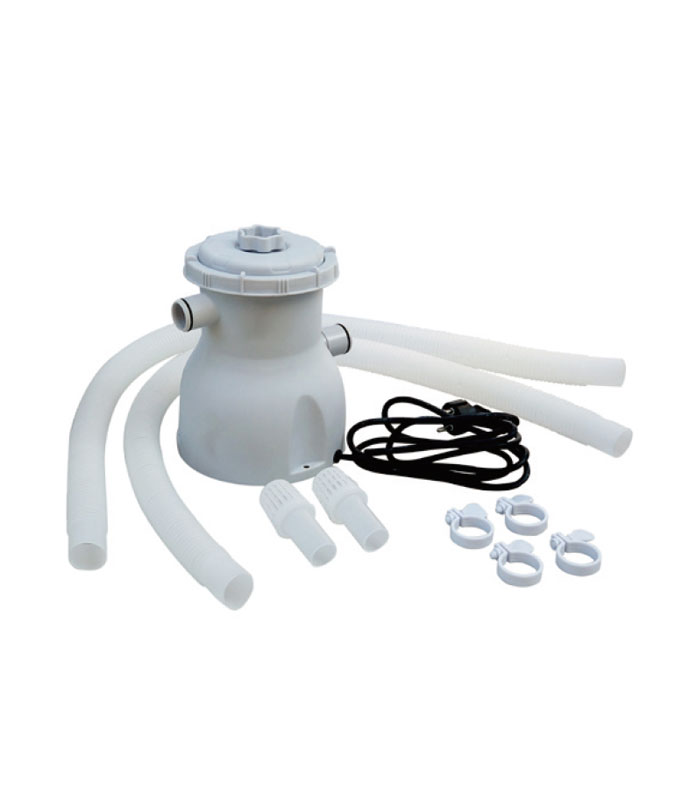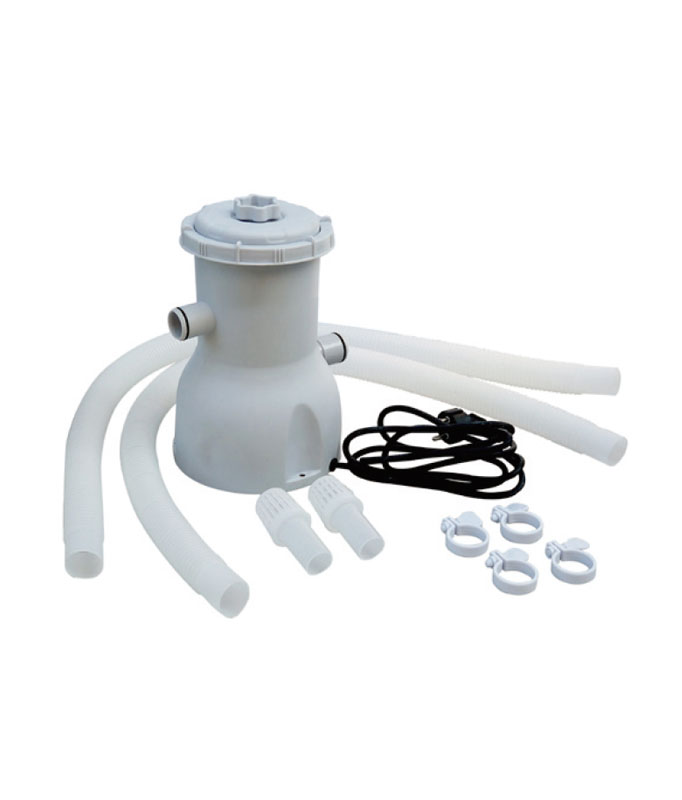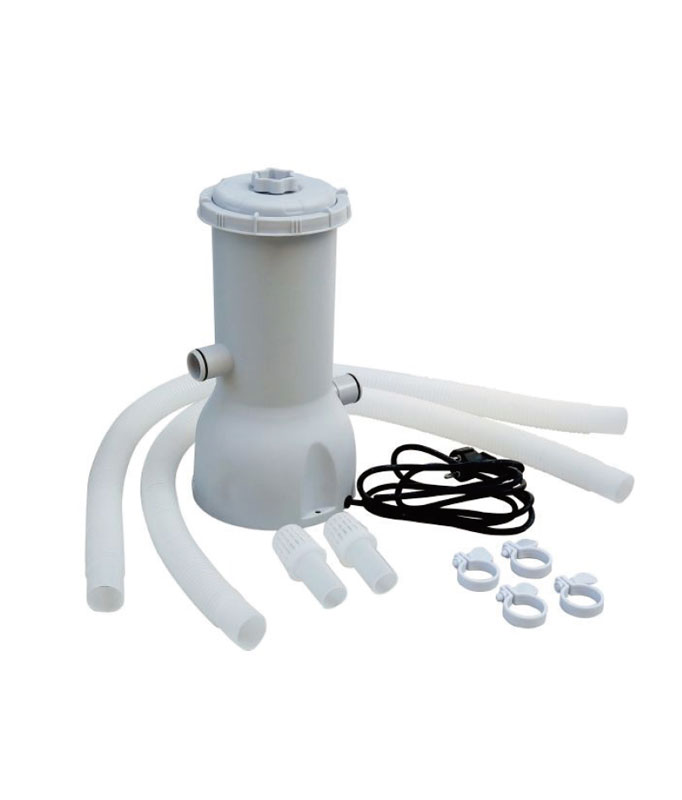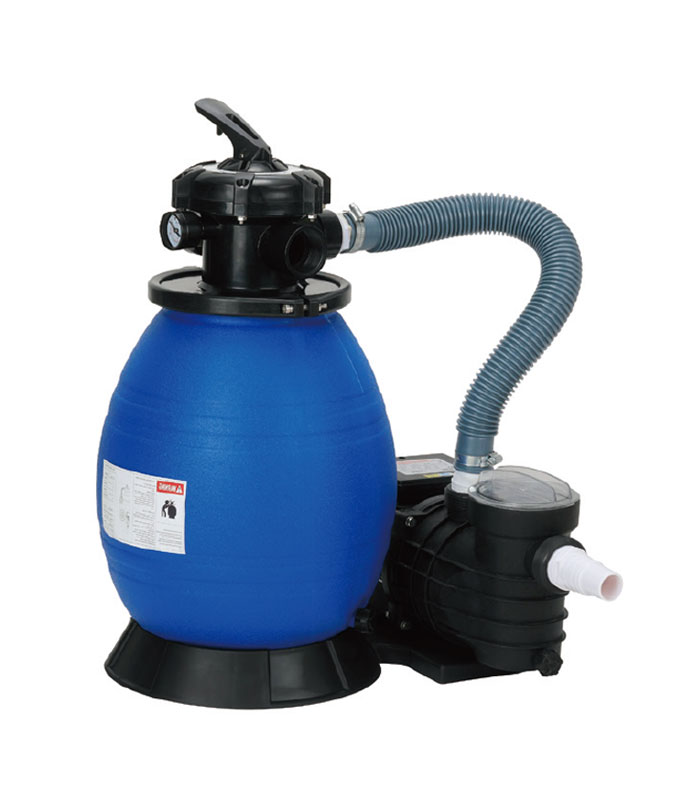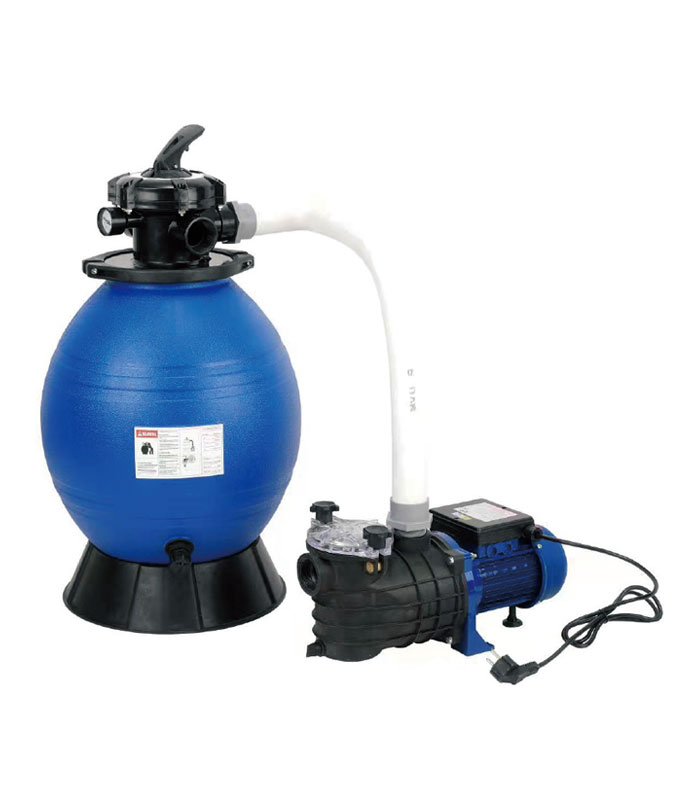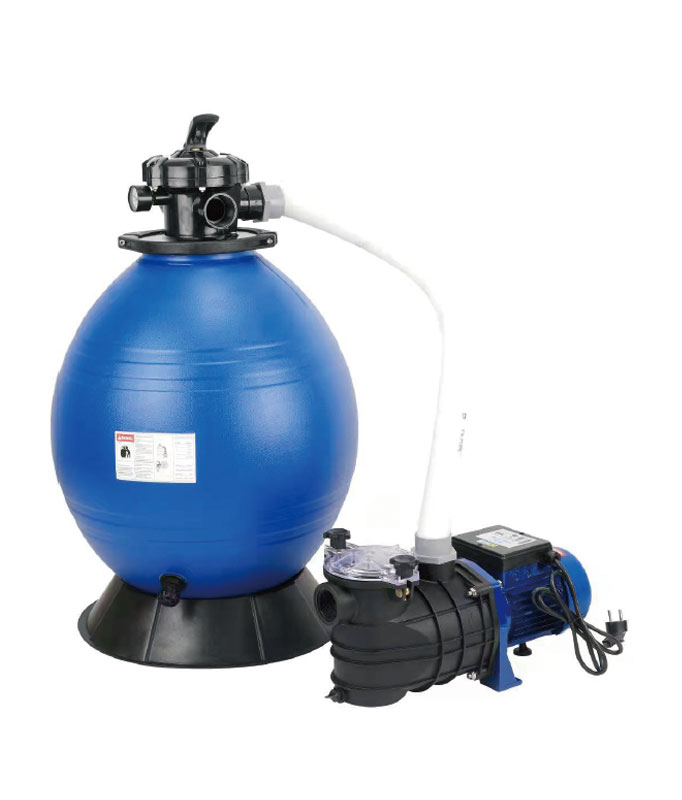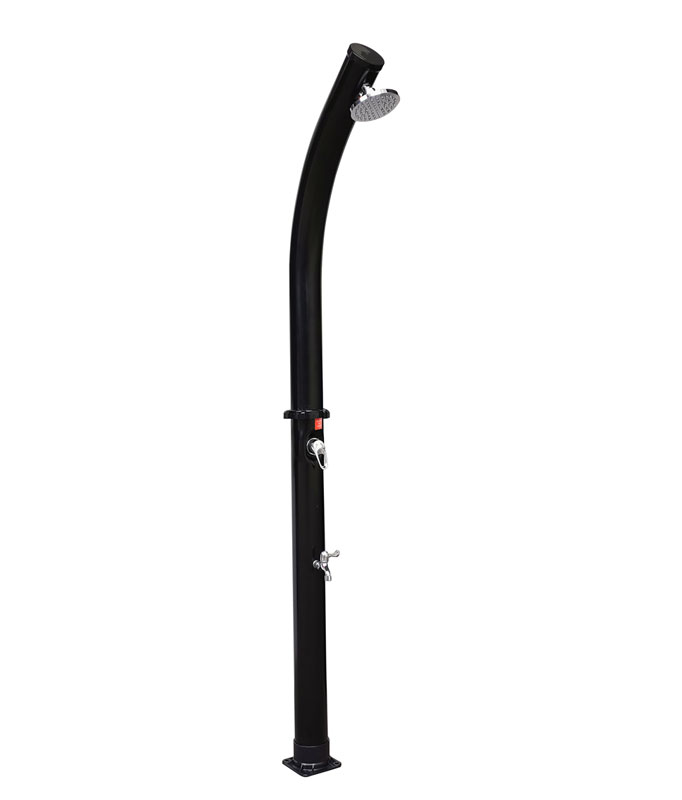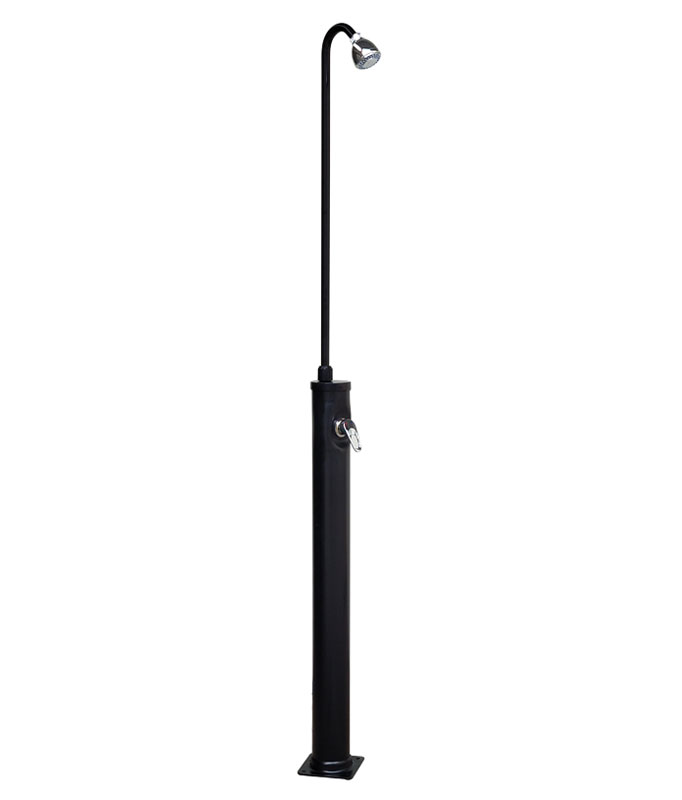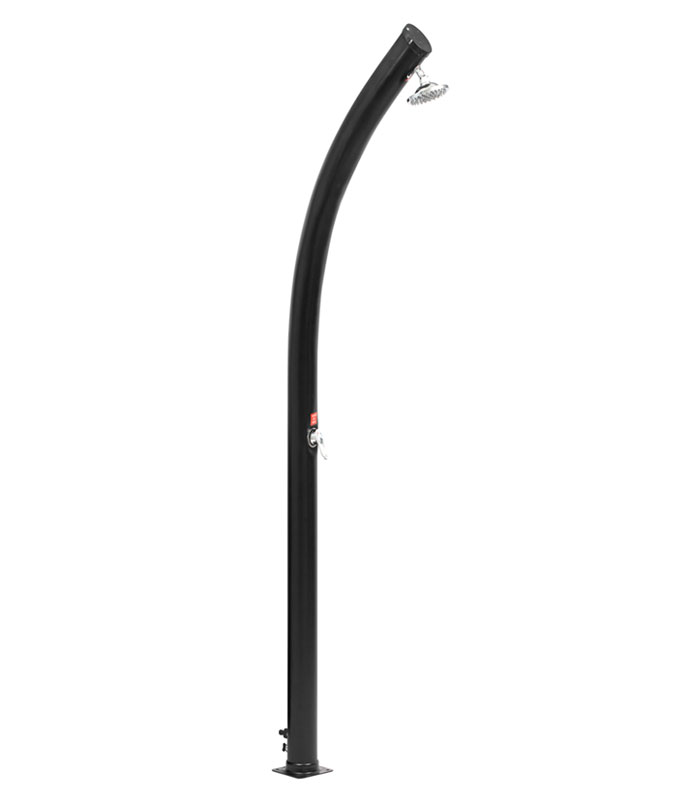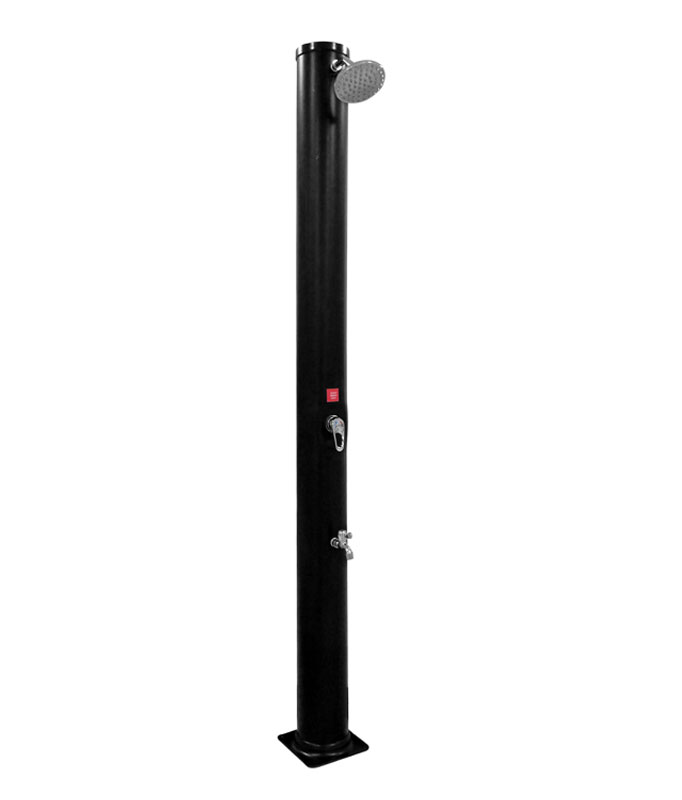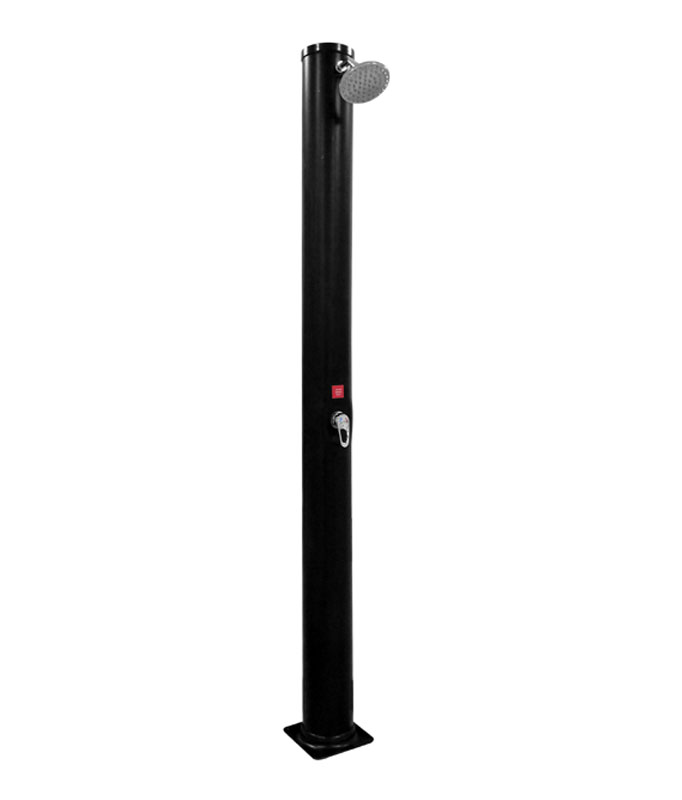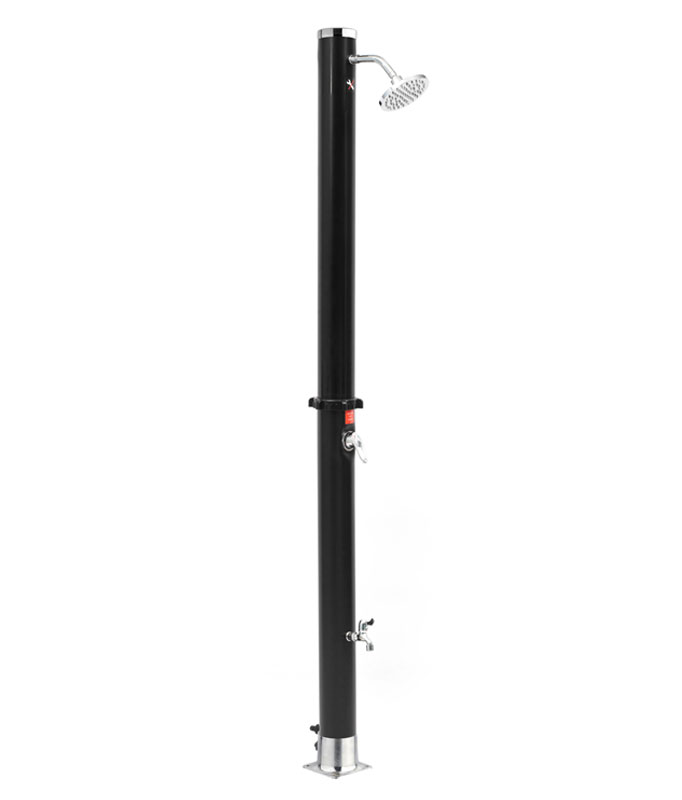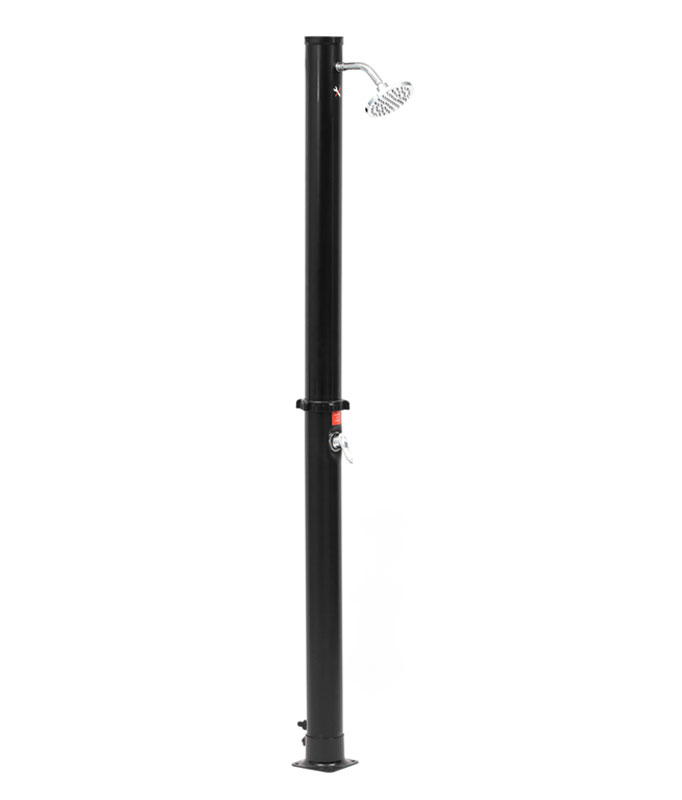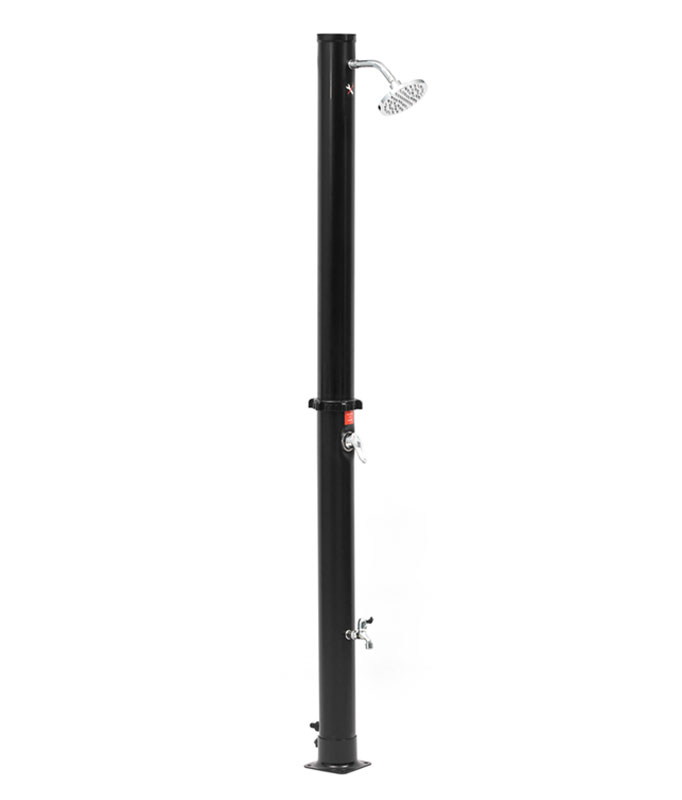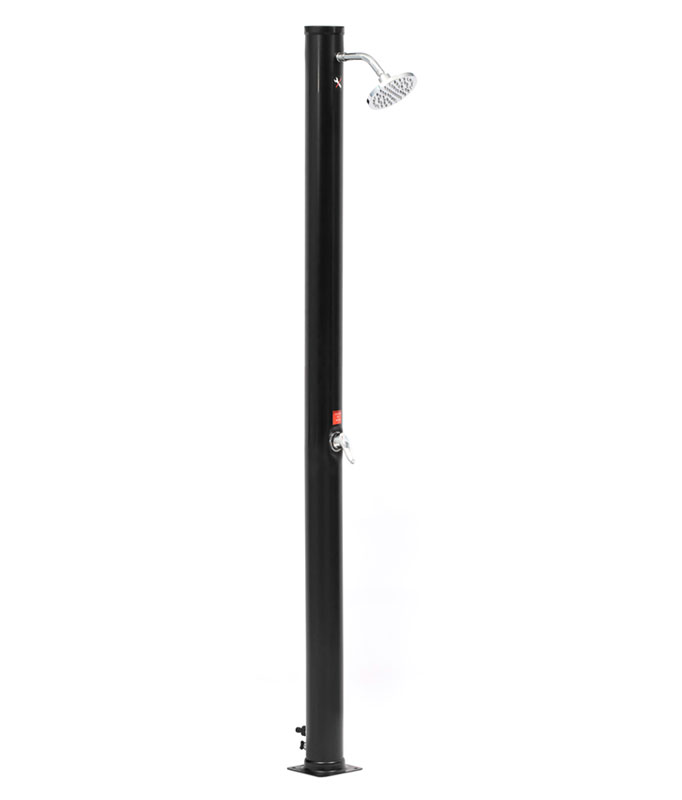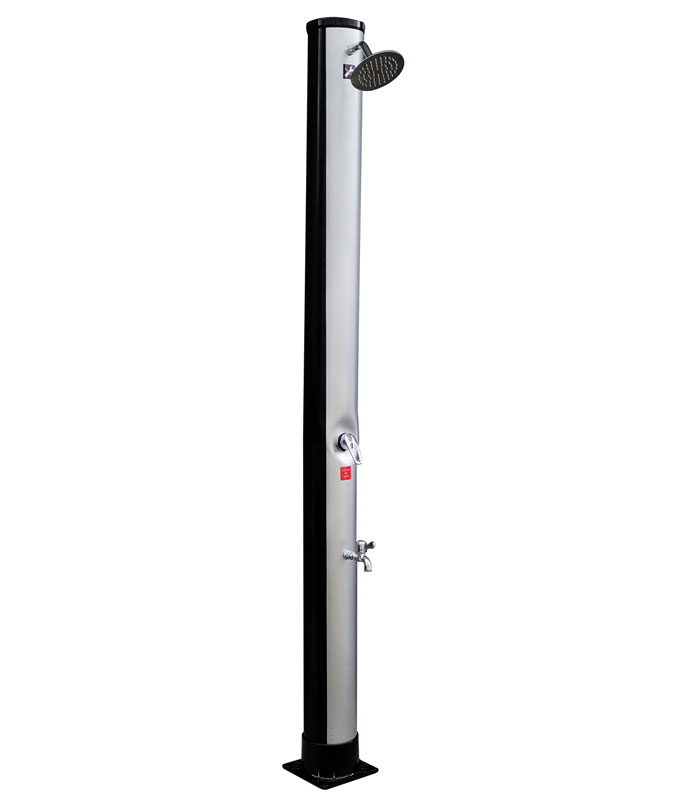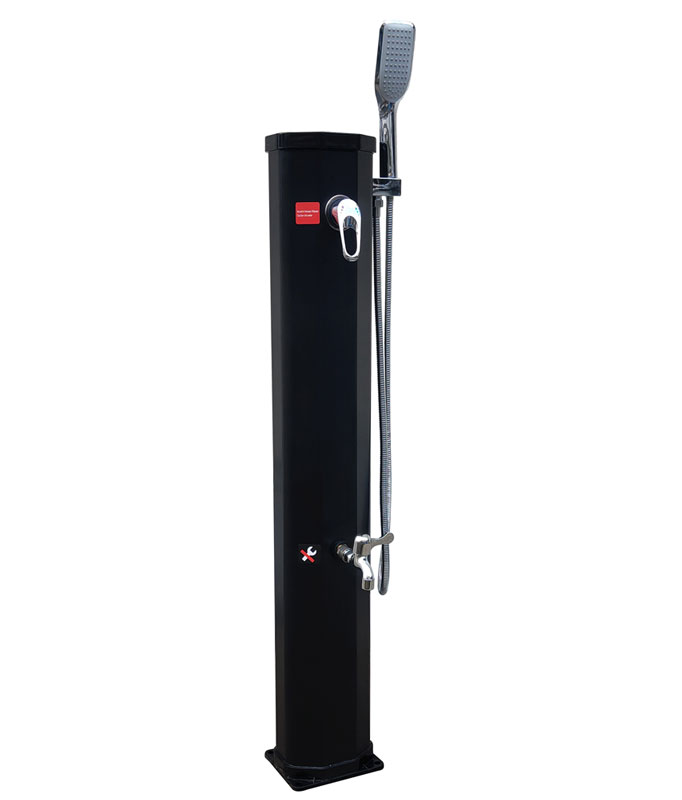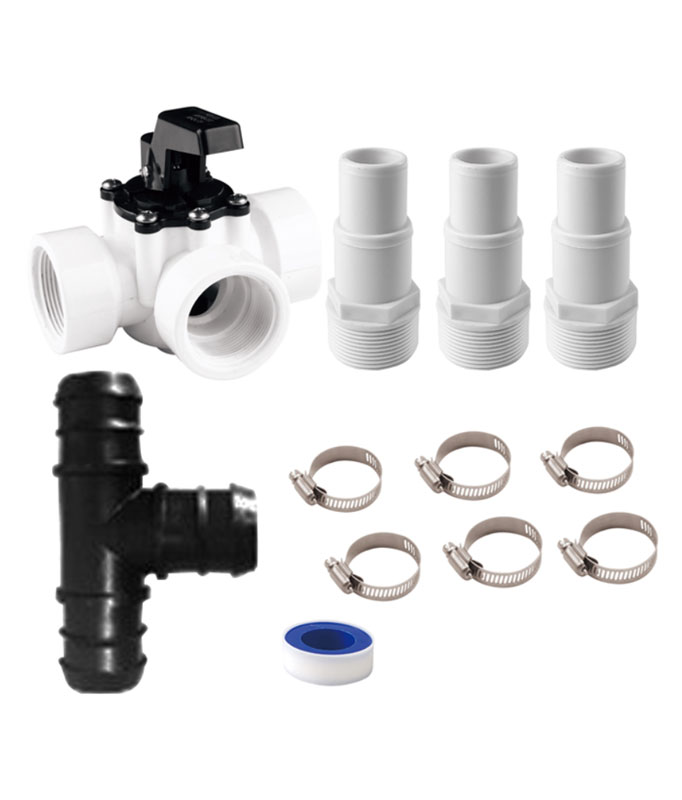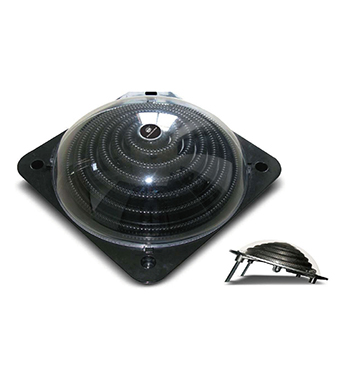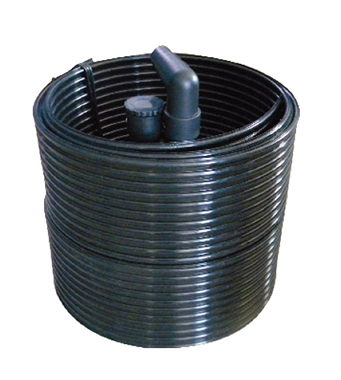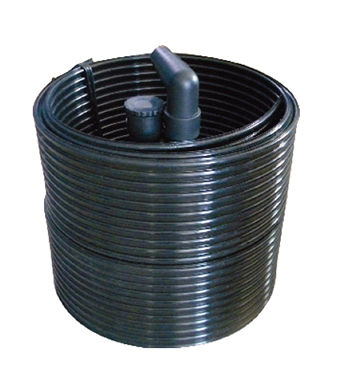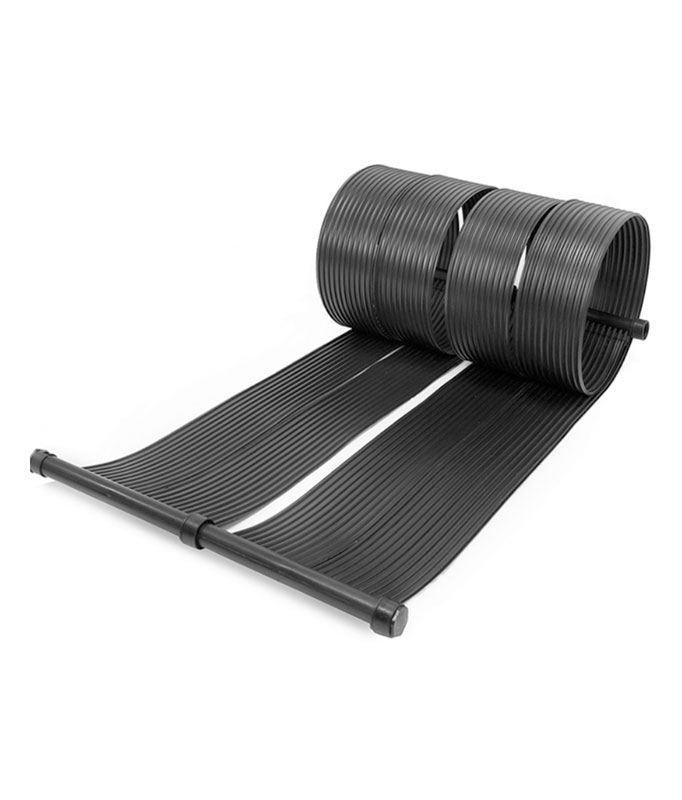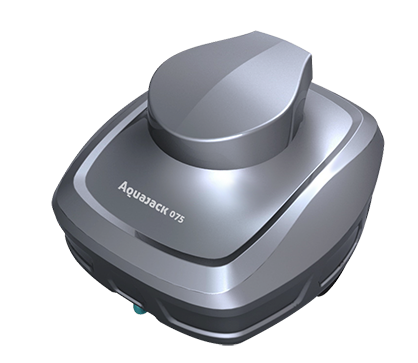
When deciding between leasing or buying commercial pool equipment, you must consider which option aligns better with your financial goals. Leasing offers lower upfront costs, while buying provides long-term savings. Evaluate your operational needs and the lifespan of the equipment. For more insights, visit https://www.cnpoolstar.com/product/aquajack700-robotic-pool-cleaner-3.html. This decision impacts your business's financial health and growth potential. Leasing vs Buying Commercial Pool Equipment: Key Financial Insights helps you weigh these options effectively.
Key Takeaways
- Renting pool equipment costs less at the start. This helps your business save money.
- Owning equipment means it’s yours forever. It can save money over time and give tax perks.
- Think about your money and how long you need the equipment to choose wisely.
Benefits of Leasing
Lower Upfront Costs and Improved Cash Flow
Leasing commercial pool equipment allows you to avoid large upfront payments. Instead of spending a significant amount of capital at once, you can spread the cost over time. This approach helps you maintain better cash flow, which is essential for managing daily operations. For businesses with limited budgets, leasing provides a practical way to access high-quality equipment without financial strain.
Flexibility to Upgrade Equipment
Leasing gives you the flexibility to upgrade your equipment as newer models become available. This is especially important in industries where technology evolves quickly. You can stay competitive by using the latest tools without worrying about being stuck with outdated equipment. This flexibility ensures your business remains efficient and up-to-date.
Predictable Monthly Expenses
When you lease, you know exactly how much you’ll pay each month. This predictability makes it easier to plan your budget and manage expenses. Unlike buying, where unexpected costs can arise, leasing provides financial stability. You can focus on growing your business without worrying about fluctuating equipment costs.
Maintenance and Repairs Often Included in Contracts
Many leasing agreements include maintenance and repair services. This means you won’t have to bear the cost of fixing or servicing the equipment. It also saves you time and effort, as the leasing company typically handles these responsibilities. By reducing maintenance concerns, you can focus more on your core business activities.
Leasing offers several advantages, but it’s important to weigh these benefits against your long-term goals. Consider how leasing aligns with your financial strategy and operational needs. For more insights, explore Leasing vs Buying Commercial Pool Equipment: Key Financial Insights to make an informed decision.
Drawbacks of Leasing
Higher Long-Term Costs Compared to Buying
Leasing may seem cost-effective at first, but it often leads to higher expenses over time. Monthly payments can add up, especially if you lease equipment for an extended period. Unlike buying, where you pay once and own the equipment, leasing requires continuous payments. This can strain your budget in the long run. If you plan to use the equipment for many years, buying might save you more money overall.
Lack of Ownership and Equity
When you lease, you never truly own the equipment. You pay to use it, but it remains the property of the leasing company. This means you cannot build equity or resell the equipment later. Ownership provides long-term value, while leasing only offers temporary access. If owning assets is important for your business, leasing may not be the best choice.
Restrictions in Lease Agreements
Leasing contracts often come with strict terms and conditions. These restrictions can limit how you use the equipment or require you to follow specific maintenance guidelines. Some agreements may even include penalties for early termination. These limitations can reduce your flexibility and make it harder to adapt to changing business needs. Always review lease agreements carefully to avoid unexpected challenges.
Leasing has its drawbacks, especially when compared to buying. To make the right choice, consider your financial goals and operational priorities. Resources like Leasing vs Buying Commercial Pool Equipment: Key Financial Insights can help you evaluate these options effectively.
Benefits of Buying
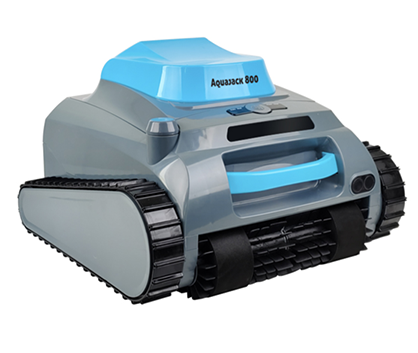
Full Ownership and Long-Term Cost Savings
When you buy commercial pool equipment, you gain full ownership. This means you can use the equipment for as long as you need without worrying about ongoing payments. Over time, buying often costs less than leasing. Once you pay off the initial investment, the equipment becomes a valuable asset for your business. If you plan to use the equipment for many years, buying can save you significant money in the long run.
Tax Benefits and Depreciation Opportunities
Owning equipment comes with tax advantages. You can often deduct the cost of the equipment as a business expense. Additionally, you may benefit from depreciation opportunities. Depreciation allows you to spread the cost of the equipment over its useful life, reducing your taxable income each year. These financial benefits make buying an attractive option for many businesses.
Freedom to Customize Equipment
Buying gives you the freedom to modify or customize the equipment to meet your specific needs. You can add features, change settings, or make adjustments without needing approval from a leasing company. This flexibility ensures the equipment works perfectly for your business operations.
No Restrictions on Usage
Ownership eliminates restrictions. You can use the equipment however you see fit, without worrying about lease terms or penalties. This freedom allows you to adapt the equipment to your business needs and maximize its value. For more insights, explore Leasing vs Buying Commercial Pool Equipment: Key Financial Insights to understand how buying aligns with your goals.
Buying commercial pool equipment offers long-term savings, tax benefits, and complete control. Consider your financial goals and operational needs to decide if this option suits your business.
Drawbacks of Buying
High Initial Investment and Capital Outlay
Buying commercial pool equipment requires a significant upfront investment. You need to allocate a large portion of your budget to purchase the equipment outright. This can strain your finances, especially if your business is new or has limited capital. Unlike leasing, where payments are spread over time, buying demands immediate payment. If your cash flow is tight, this high initial cost might limit your ability to invest in other areas of your business.
Tip: Before buying, evaluate your financial capacity. Ensure you have enough reserves to cover other operational expenses after the purchase.
Responsibility for Maintenance and Repairs
When you own the equipment, you take full responsibility for its upkeep. Maintenance and repair costs can add up over time. If the equipment breaks down, you must pay for repairs or replacements. This can disrupt your operations and increase your expenses. Regular servicing is also essential to keep the equipment running efficiently. Without proper care, the equipment may wear out faster, leading to additional costs.
Risk of Equipment Becoming Obsolete
Technology evolves rapidly, and pool equipment is no exception. When you buy, you risk owning equipment that may become outdated within a few years. Newer models with advanced features might enter the market, making your equipment less efficient or desirable. Upgrading becomes costly since you already invested heavily in the current equipment. This risk is especially high in industries that rely on cutting-edge technology to stay competitive.
Note: Consider the expected lifespan of the equipment and how often advancements occur in your industry before committing to a purchase.
Key Decision-Making Factors
Budget and Cash Flow Considerations
Your budget plays a critical role in deciding whether to lease or buy commercial pool equipment. Leasing requires smaller monthly payments, which helps preserve cash flow for other business needs. On the other hand, buying demands a significant upfront investment. If your business has limited capital, leasing may be the better option. However, if you have sufficient reserves, purchasing equipment can save money in the long run. Always evaluate your financial capacity before making a decision.
Duration of Use and Long-Term Business Goals
Think about how long you plan to use the equipment. Leasing works well for short-term needs or when you expect to upgrade frequently. If your business strategy involves long-term use, buying might align better with your goals. Ownership allows you to use the equipment without worrying about lease expiration. Consider how this decision fits into your overall business plan and growth strategy.
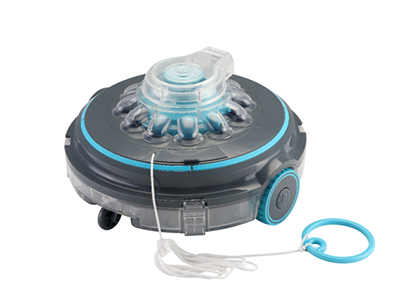
Equipment Lifespan and Technological Advancements
Pool equipment evolves quickly, with new models offering better efficiency and features. Leasing provides the flexibility to upgrade as technology advances. Buying, however, locks you into using the same equipment for years. If staying ahead with the latest technology is important, leasing might be the smarter choice. Evaluate the expected lifespan of the equipment and how often advancements occur in your industry.
Tax Implications and Financial Planning
Both leasing and buying offer tax benefits, but they differ. Leasing payments are often deductible as business expenses. Buying allows you to claim depreciation, spreading the cost over several years. Consult a financial advisor to understand which option provides the most tax advantages for your business. Resources like Leasing vs Buying Commercial Pool Equipment: Key Financial Insights can help you analyze these financial implications effectively.
Choosing between leasing and buying commercial pool equipment depends on your business needs and financial goals. Leasing offers flexibility and lower upfront costs, while buying provides ownership and long-term savings.
Tip: Evaluate your budget, operational requirements, and long-term plans carefully. This ensures you select the option that aligns with your growth strategy and financial health.
FAQ
What are the main financial benefits of leasing pool equipment?
Leasing reduces upfront costs and improves cash flow. It also provides predictable monthly payments, making it easier to manage your budget.
How do tax benefits differ between leasing and buying?
Leasing payments are deductible as business expenses. Buying allows you to claim depreciation over time, which reduces taxable income. Consult a tax advisor for details.
Is leasing better for short-term equipment needs?
Yes, leasing works well for short-term use. It offers flexibility to upgrade equipment and avoids the commitment of ownership.

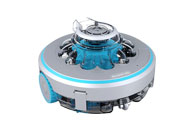 Robotic Pool Cleaner
Robotic Pool Cleaner 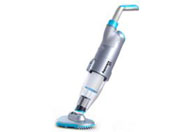 Portable Pool Vacuum Cleaner
Portable Pool Vacuum Cleaner 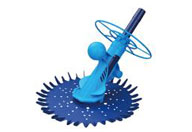 Automatic Pool Cleaner
Automatic Pool Cleaner 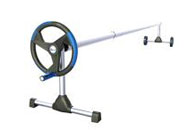 Pool Cover Reel
Pool Cover Reel 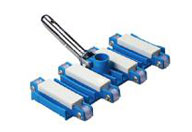 Pool Cleaning Accessories
Pool Cleaning Accessories 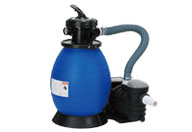 Pool Filter Pump
Pool Filter Pump 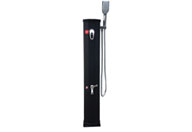 Pool Solar Shower
Pool Solar Shower 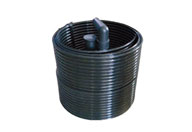 Pool Solar Collector
Pool Solar Collector 